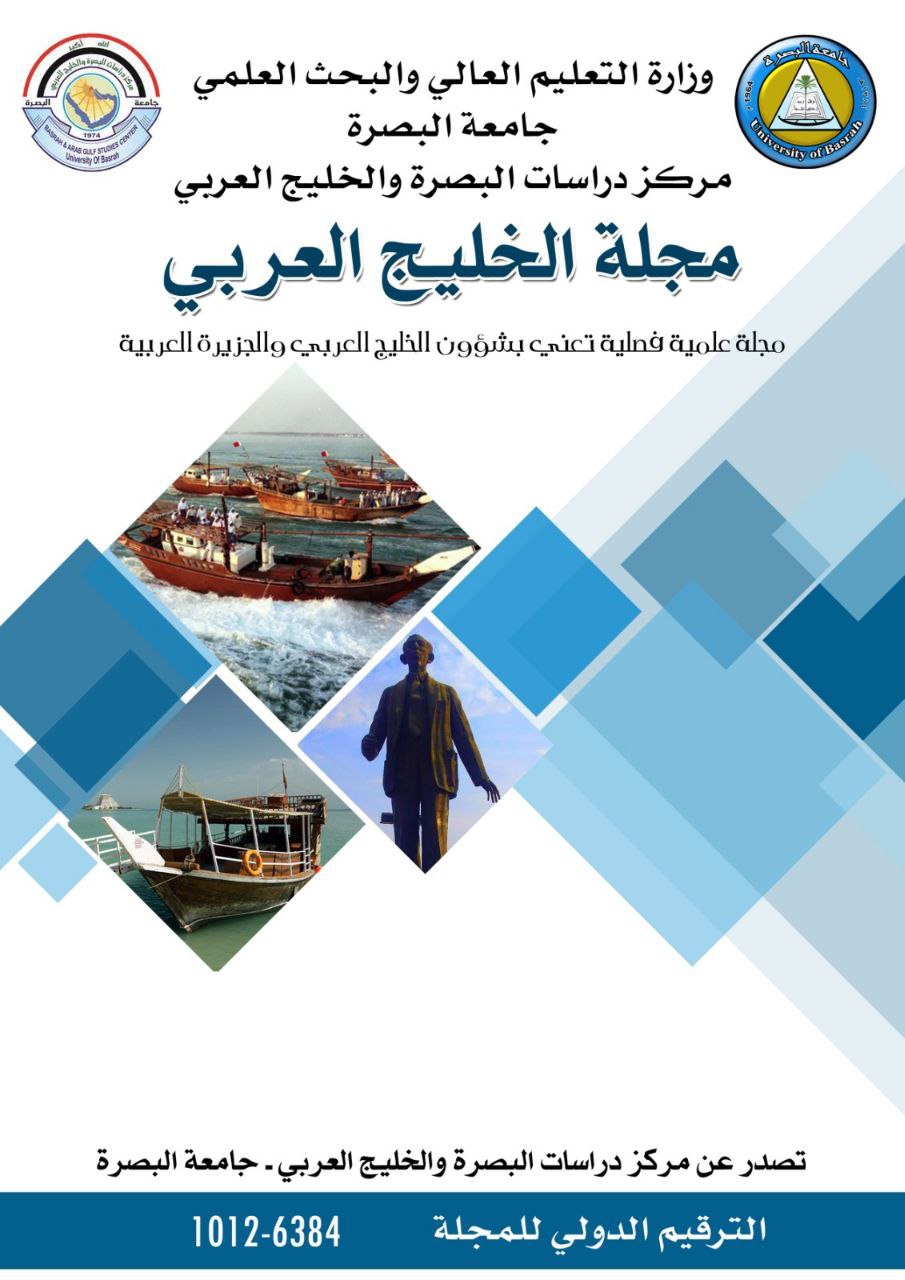Abstract
This study addresses the topic of Islam’s expansion, distancing itself from two prevailing biases: on one hand, the overzealous insistence of some scholars that Islam spread solely through peaceful preaching, and on the other, the Orientalist claim that its spread was driven entirely by coercion and force. Instead, the study presents and analyzes a nuanced perspective that differentiates between the spread of Islam as a religion and the expansion of Islam as a state, despite their close association during the Prophetic era.
The findings suggest that Islam as a faith spread voluntarily and without compulsion, whereas the Islamic state expanded by means of power—an instrument deemed essential in building a state that addressed the socio-political and cultural deficiencies of the pre-Islamic Arab context. The study further engages in a modernist analysis of Qur’anic discourse, exploring its rhetorical messages and communicative strategies directed at its early audience
The findings suggest that Islam as a faith spread voluntarily and without compulsion, whereas the Islamic state expanded by means of power—an instrument deemed essential in building a state that addressed the socio-political and cultural deficiencies of the pre-Islamic Arab context. The study further engages in a modernist analysis of Qur’anic discourse, exploring its rhetorical messages and communicative strategies directed at its early audience
Keywords
Islamic State
Keywords: Spread of Islam
Prophet Muhammad
Qur’anic discourse analysis
Abstract
تعالج الدراسة موضوعة انتشار الاسلام بعيدا عن تعصب بعض الباحثين الذين يصرون على انتشاره بالدعوة، وبعيدا عن تحامل عدد من المستشرقين الذين يؤكدون على انتشاره بالقوة، وقد اختبرت الدراسة بالدرس والتحليل رأيا جديدا يميز بين انتشار الاسلام كدين وبين توسعه كدولة رغم تلازمهما في العصر النبوي، فقد انتشر الإسلام كدين بدون إكراه، في حين توسعت الدولة الاسلامية بالاعتماد على القوة التي كانت واحدة من الأسس التي تقوم عليها الدولة التي جاءت لتلبية حاجات الواقع العربي الذي كان يعاني قبل الاسلام من سلبيات في شتى المجالات. وكان تحليل الخطاب القرآني، وما حمله من رسائل للمتلقين آنذاك، وفقا لمناهج الحداثة عماد الدراسة.
Keywords
الكلمات المفتاحية: انتشار الاسلام ، النبي محمد، الدولة الإسلامية ، تحليل الخطاب القرآني.
